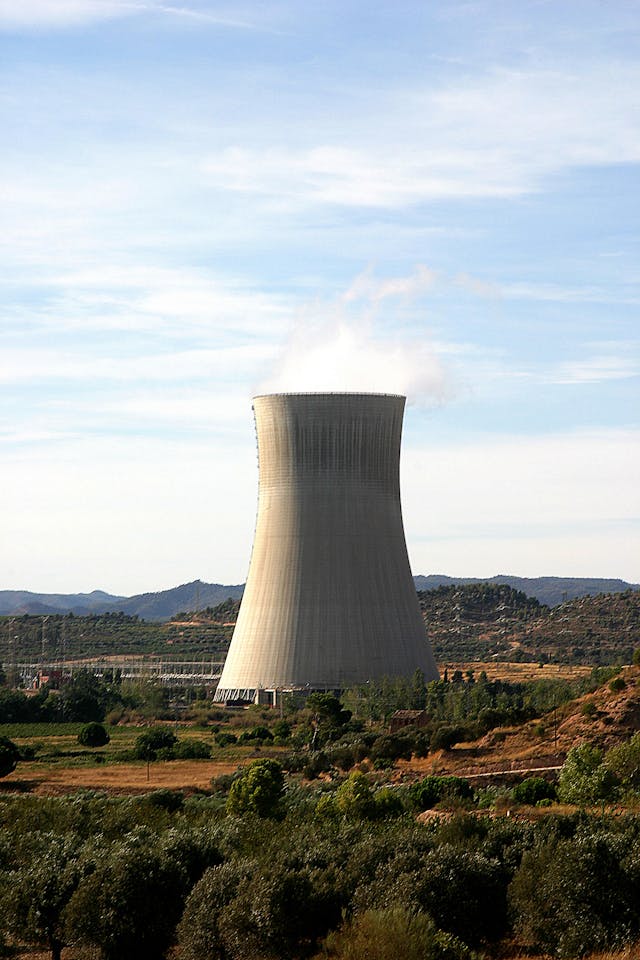
In recent years, Italy has been diligently reevaluating its energy landscape, seeking alternatives to traditional fossil fuels to meet its growing energy demands while reducing carbon emissions. Among the array of options, nuclear energy has emerged as a contentious yet promising avenue for Italy’s energy future. Despite its complex history with nuclear power, Italy is cautiously reconsidering its stance, driven by the need for sustainable energy sources and the imperative to combat climate change.
Italy’s relationship with nuclear power has been tumultuous. Following the Chernobyl disaster in 1986, public opinion turned decisively against nuclear energy, culminating in a nationwide referendum in 1987 that led to the shutdown of all existing nuclear power plants. Since then, Italy has relied primarily on imported fossil fuels and renewable energy sources to meet its energy needs.
Recently, partly because of the Ukraine crisis and the soaring cost of gas and oil, the Italian government has begun a discussion on whether it should reintroduce nuclear power into its energy mix, taking advantage of advances in nuclear technology.
This is also with the aim of reducing greenhouse gas emissions.
The idea, at least on paper, is to create several low-impact “mini power plants” using state-of-the-art nuclear power.
This is certainly a complex and lengthy path, both from a regulatory and technical point of view.
But if we really want to start a serious and credible process of de-carbonization, the use of a next-generation energy mix that includes nuclear power is indispensable.
Recently, Minister Pichetto Fratin, emphasized that the return to the use of nuclear power is a priority need and recalled how, following the approval of the majority motion in Parliament on May 9 that committed the government to “incentivize the development of new nuclear technologies intended for the production of energy for civilian purposes,” nuclear power has officially returned to being a usable resource.
The first steps toward this process have already been taken, both with the establishment of the National Platform on Sustainable Nuclear Power, a group of experts appointed last September to draw up a strategy for the sector coordinated by the Ministry of the Environment and Energy Security with the support of ENEA and RSE, which aims “to define in a definite timeframe a path aimed at the possible resumption of the use of nuclear energy in Italy and the opportunities for growth of the national industrial chain already operating in the sector.”
And the Italian Prime Minister herself, Giorgia Meloni, has reiterated in recent days that “A great prospect, a great vision, a great dream derive from the possibility of producing in the not so distant future clean and unlimited energy from fusion nuclear power.
Italy is the home of Enrico Fermi, on this it is second to none thanks to our know-how, our research and development, our production system: we can continue to grow, to give the world new discoveries and a better and different future.”
Femonet



 Subscribe
Subscribe